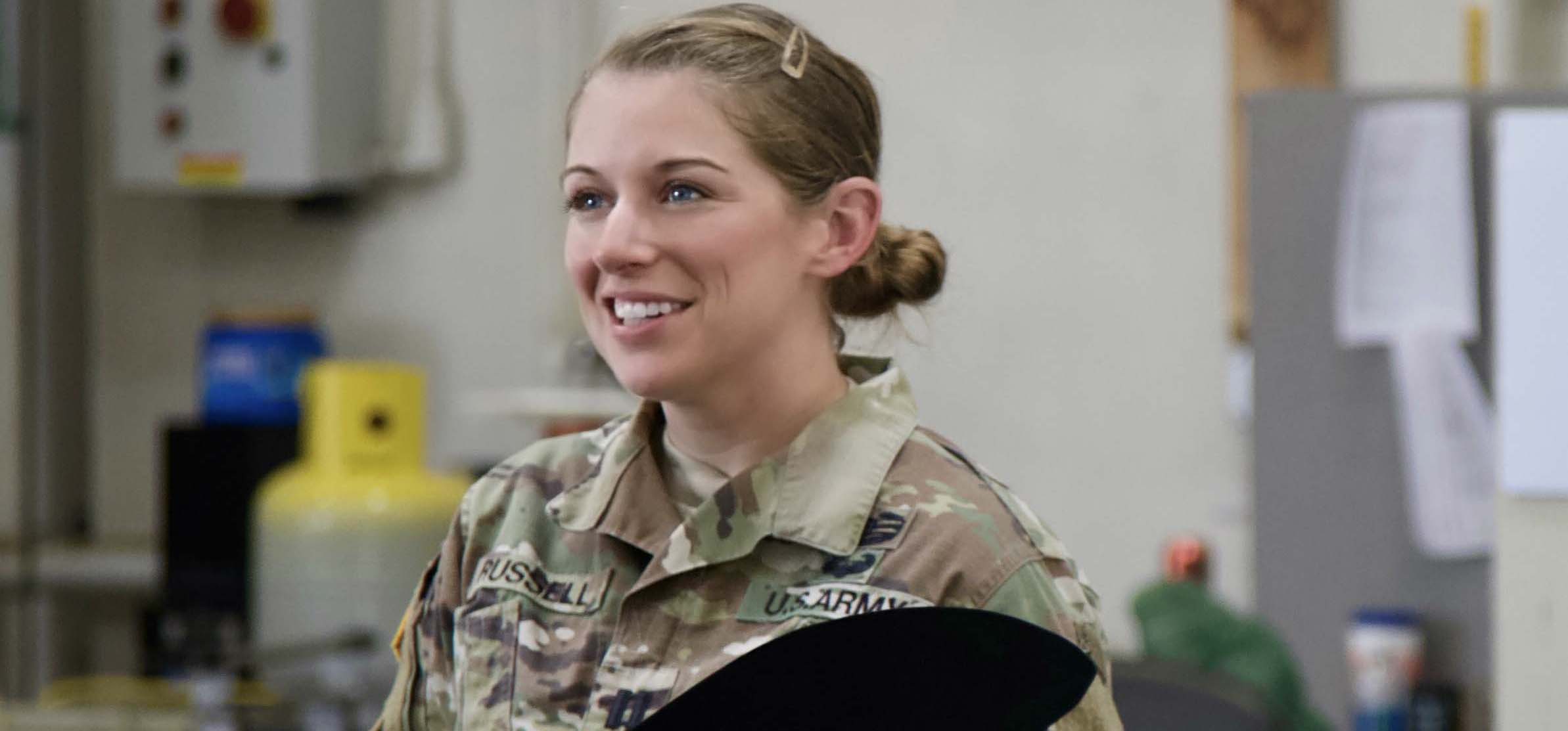
Student Veteran Spotlight: Ashley Russell-Gray, Medical Health Sciences Program
In this edition of 'Student Veteran Spotlight,' we sat down with Ashley Russell-Gray from the Touro University Nevada Medical Health Sciences Program.
Which years did you serve in the military?
I went to the United States Military Academy at West Point from 2004-08. At the time, I was considered an enlisted reserve in the U.S. Army. Once I graduated, I commissioned as an Officer from 2008-17.
What was your rank?
By the time I left in 2017, I held the rank of Captain.
Why did you decide to enlist?
Well, I was an Army brat growing up. My pop-pop was in the U.S. Navy in WWII; my uncle went to West Point and served in Vietnam; and my dad went to West Point and served in the Army for more than 20 years. Despite being an Army brat, I had no intention of joining the military. Then Sept. 11 happened, and it took almost a year for it to really resonate with me, but I realized that I wanted to do more. I have this very visceral memory of walking into my parents’ bedroom and telling them I made a mistake and that I wanted to go to West Point. I’m just glad that I made that decision because I’ve been able to carry on my family’s legacy and help my country. It was honestly one of the best decisions of my life.
Is there any specific memory from your military experience that has always stuck with you?
Every soldier who I lost made a huge impact on me. I lost a lot of soldiers and a lot of friends. I was 22, and had just graduated from college and had my first deployment to Iraq. I had a platoon of 40 people and we had suffered a loss of five of my soldiers. The next month, we went out on a convoy. Our job was to do patrol down dangerous routes to deliver supplies and make sure there weren’t any roadside bombs along the routes.
We were all very on edge because of our five soldiers we lost to a vehicle-borne IED the month prior. Very quickly into the convoy, we hit an IED and the truck in front of us was catastrophically destroyed. My soldier in the passenger seat was suffering hemorrhagic shock, and that was the first time I realized I wanted to be a healthcare professional. It was a very intense experience but it helped me realize that it’s what I wanted to do.
After our year-long deployment, I got home to the base I was stationed in Colorado. I went to my Brigade Commander and told him how intent I was on receiving this special operations combat medic training. A Second Lieutenant speaking to her Brigade Commander was pretty unheard of. Also, this was in 2010 when women weren’t allowed to assess for Special Forces. As a female Officer, I was just grateful to be allowed into the six-month skills portion of the course. So, they let me take the training with the understanding that they’d send me to Afghanistan when I was finished and use me on different teams.
Why did you want to attend Touro University Nevada?
Because I’m a Northeastern girl, I knew about Touro College in New York. My husband is still active duty and we got stationed here in the Las Vegas Valley, so I learned more about Touro University Nevada. I really love the faculty and the incredible open-door policy. It’s just nice to know that you’re in a tight-knit community, which is what I had when I was in the Army.
I’ve just been in awe of how great the resources are here. It had been 10 years since I was a part of civilian life, and it’s a hard adjustment. I’m so grateful for the faculty, OASIS, my tutors, and the friends that I’ve made here. It’s made my experience at Touro so much better.
What are your plans after finishing the MHS program?
Well, I was accepted into the PA program, so I’ll start that in July. I’m very excited to get started. After I finish PA school, there are several different specialties I’m interested in. Of course, trauma is always an option because it’s very near and dear to my heart. I’m looking at Dermatology and I’m really interested in mental health for people with traumatic brain injuries. That’s the beauty of the PA profession is that you can laterally move into different specialties
How do you think your military experience will help you become a great healthcare provider?
First and foremost, leadership has helped me so much. My parents brought my brother and I up very well. They taught us the importance of leadership and teamwork. I was able to hone those skills in the military. It helped in West Point and especially helped me once I got into the Army. My last job in the Army was as a Company Commander of 150 soldiers with different personalities. I got to really work with them and see how they worked as individuals as well as part of a team. I think that’s incredibly important in the healthcare field because you’re not just working other PAs, you’re working with doctors, nurses, and all of these other people with different jobs so you can work well together for the sake of your patients.
I also think I’ve really learned to understand cultural competency. I’ve been to so many places and it’s nice to be able to understand what your patients are like as individuals. Being respectful of their culture and helping them to understand what you’re doing as a practitioner is huge.
Lastly, I’d say learning how to deal with stress, which is something I learned very young. Learning how to manage my stress has helped me so much, especially in school. I’m hopeful that all of these things will help me become a great practitioner.



